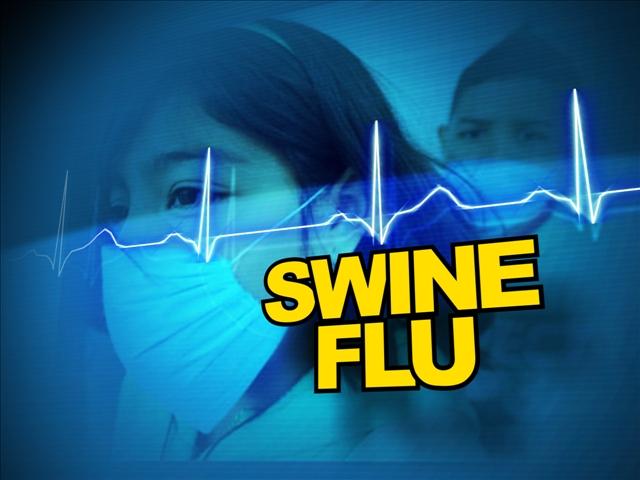WHO reports 337 swine-flu deaths worldwide
 Cancun, Mexico - At least 337 people have died around the world from swine flu, which has infected 80,000 people in 121 countries, the World Health Organization (WHO) said Thursday.
Cancun, Mexico - At least 337 people have died around the world from swine flu, which has infected 80,000 people in 121 countries, the World Health Organization (WHO) said Thursday.
Keiji Fukuda, WHO assistant director-general, announced the agency's updated figures at a two-day summit on influenza in the Mexican resort city of Cancun.
"We need to watch very carefully what happens during the current winter season in the southern hemisphere," WHO Director-General Margaret Chan said Thursday in opening remarks.
"For reasons that are not well understood, some deaths are occurring in perfectly healthy young people. Moreover, some patients experience a very rapid clinical deterioration."
Fukuda said most of the fatalities occurred in young people with prior health problems, but he warned that aspects of the virus might yet change, including its severity, clinical patterns and the structure of the virus.
"The future course remains fundamentally uncertain in many aspects," he said.
In this context, Fukuda stressed that "flexibility" was vital as the international health community prepares for the evolution of the pandemic.
The United States, Mexico and Canada continue to have the highest numbers of infections, with figures rising rapidly in Argentina.
Chan thanked the three North American countries - Mexico was the epicentre of the outbreak in April - for their openness in quickly letting the world know of the new virus, and stressed that closing borders made no sense to combat the spread of the flu.
Mexico gave the world early warning, Chan said, becoming a model for other countries in similar circumstances.
Mexican President Felipe Calderon, who was in attendance, said that his government responded appropriately to the then-mysterious virus.
"Information is the cornerstone for the management of a health crisis," he said.
In contrast, Mirta Roses, head of the Pan-American Health Organization (PAHO), on Thursday rebuked her native Argentina for delaying attention on the virus due to Sunday's midterm legislative elections.
"I think that one of the unfortunate situations in Argentina has been a combination, a cocktail that we epidemiologists do not recommend, which is mixing pandemics with electoral processes," Roses said.
According to the PAHO official, "almost 90 per cent of media attention" was focused on the election, so the population was inadequately informed of the ongoing health risks. The new virus has claimed 45 lives in Argentina, according to media reports.
Chan said that WHO would set aside 150 million doses of the potential vaccine against the A(H1N1) flu virus to be given to developing countries.
She noted that it remained unknown when a safe vaccine might be available. The first vaccine could be ready in August, Chan said, though recommendations for use might take longer.
Ministers from 43 countries and officials from various multilateral agencies were at the summit at the Moon Palace Hotel in Cancun, to discuss the lessons learned from the flu pandemic and the need for a vaccine. (dpa)